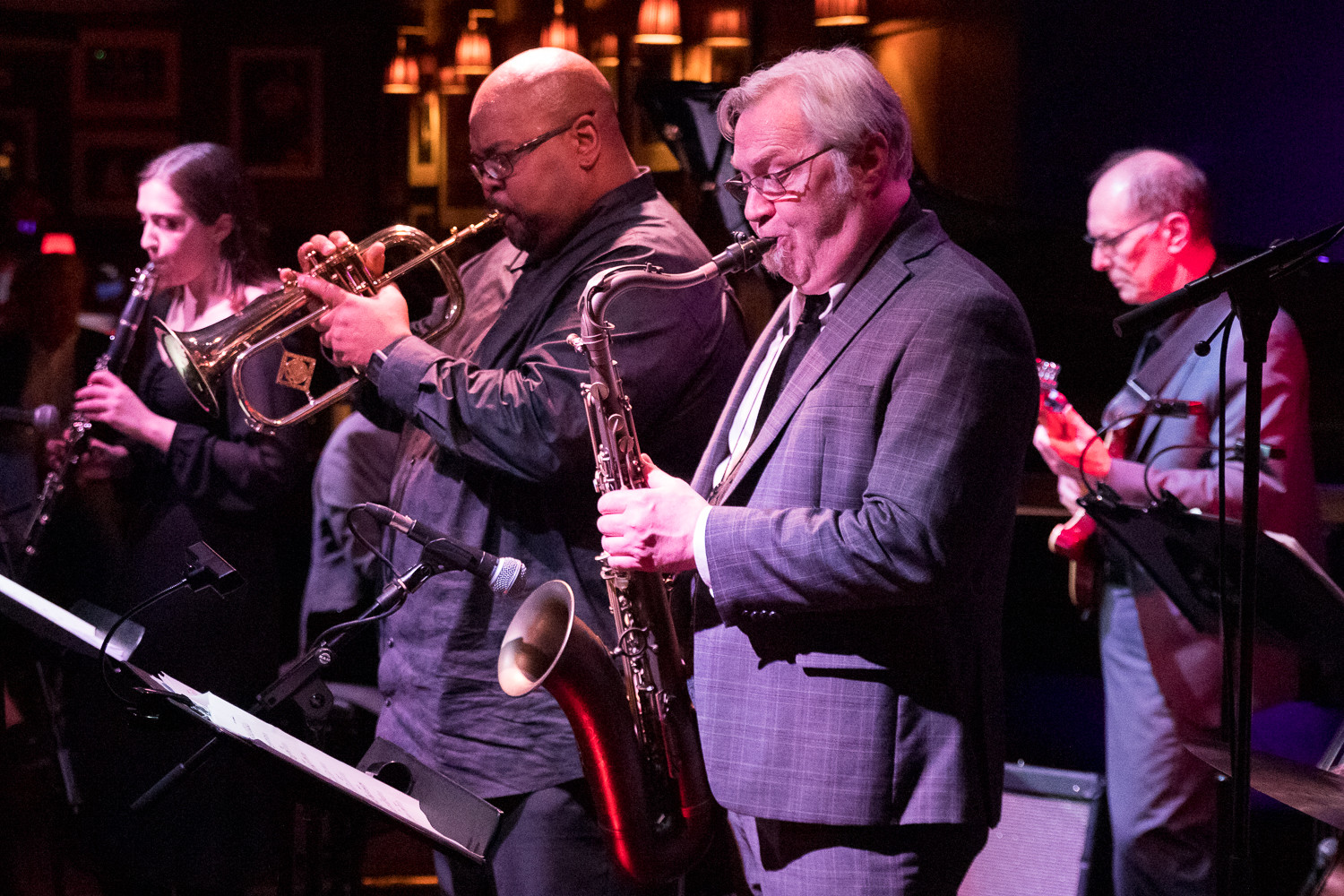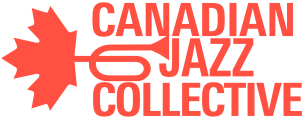What does Canadian jazz sound like? All-star band called the Canadian Jazz Collective aims to provide the answer

Canadian Jazz Collective
When: Thursday, April 6, 8 p.m.
Where: National Arts Centre, Azrieli Studio
Tickets: $45 plus fees at nac-cna.ca
Look at a list of Canada’s top exports and you’ll see goods such as crude petroleum, cars, petroleum gas, planes, helicopters and even spacecraft. You will not see jazz music.
An all-star group called the Canadian Jazz Collective wishes it were otherwise, and is doing its part this spring.
It’s already exceedingly difficult for Canadian jazz groups to tour across their own sprawling homeland, let alone internationally. But the collective, a septet with veteran Torontonians Kirk MacDonald and Lorne Lofsky among it, will embark for most of May on a 16-city European tour with performances in Germany, Austria, France, Italy, Spain and the U.K.
Before hitting the road across the pond, the septet will visit six Canadian venues in the next week, including a stop on Thursday in the NAC’s Azrieli Studio.
It was Ottawa-based manager Judy Humenick, who came up with the idea for the collective. Her company represents MacDonald, Lofsky, and trumpeter Derrick Gardner, the septet’s third co-leader. For years, Humenick toiled to raise the profiles of her individual musicians in Europe. Then, Humenick proposed that her clients join forces and brand themselves under a maple leaf.
“We all thought this would be a great idea and that the chemistry of the co-leaders’ playing and writing styles would work very well musically,” MacDonald says.
By combining their star power, Humenick was able to send them to Europe in May 2022. The septet embarked on a seven-gig run that hit storied jazz clubs in London, Paris and beyond.
The band also went into the studio for a recording session that yielded the collective’s debut album.
Released last week, the album is entitled Septology. It includes eight compositions by MacDonald, Lofsky and Gardner, covering “a nice spectrum of styles ranging from straight-ahead to more modern-sounding,” MacDonald says.
The group recorded at the iconic MPS Studio in Villingen, Germany, which coincidentally was where Oscar Peterson, perhaps Canada’s greatest jazz icon (and export) made several much-loved albums in the 1960s.
MacDonald says the recording session “was a throwback to the 1960s in every aspect,” listing old-school details of how recordings used to be made with as much fidelity to the performance, and as little technological skullduggery, as possible.
Producer Friedhelm Schulz of HGBS Blue Records was interested in producing an analog vinyl album. As a result, the project shunned today’s standard digital recording gear and had the musicians play live to quarter-inch tape. There was no editing, overdubbing, or even headphones used by the musicians. The mixing of the album was done in real time as the tracks were being recorded.
“So, the environment itself was very different from what we are now accustomed to when embarking on a modern recording project,” MacDonald says. “There’s a certain purity of sound that a producer would be going for in the vinyl production, and I think that warmth gets captured in the recording within the analog realm.”
In addition to MacDonald, 63, Lofsky, 68, and Gardner, 57, the collective includes clarinetist Virginia Frigault-MacDonald. In her late 20s, she is not only MacDonald’s daughter; She is also one of Canada’s brightest rising jazz stars. Rounding out the group are pianist Brian Dickinson, 62, Neil Swainson, 67, and drummer Bernd Reiter.
You could arguably also call the band the Toronto Jazz Collective, as five of its members call that city home. American jazz man Gardner’s connection to Canada is that he was for some time a Winnipegger, while teaching at the University of Manitoba. Drummer Reiter is Austrian. He joined the band last year after working with MacDonald during some of his past European jaunts.
MacDonald sees a lot of potential for this project. He hopes to record again with the band, and says its concept is flexible enough to allow for a roster of members and composers who could rotate in and out as needed.
The band’s name prompts a perhaps trite question: Is there a distinctively Canadian take on jazz that differentiates it from jazz elsewhere?
“I’m not sure how I would describe the Canadian sound, but I certainly feel that there are a number of individuals in this music who do possess their own sound and to my ears it feels Canadian and unique,” MacDonald says.
He names some of the greatest jazz musicians that called Canada home, including Ed Bickert, Claude Ranger, Guido Basso, Rob McConnell, Guy Nadon and Nelson Symonds.
As different as those musicians sounded, they were all able to draw on a wide variety of influences and develop their singular sounds, MacDonald says. Perhaps being removed from jazz hubs such as New York City gave them to the space to be more personal and less immediately influenced, he offers.
“(They) seem uniquely Canadian to me,” MacDonald says.




